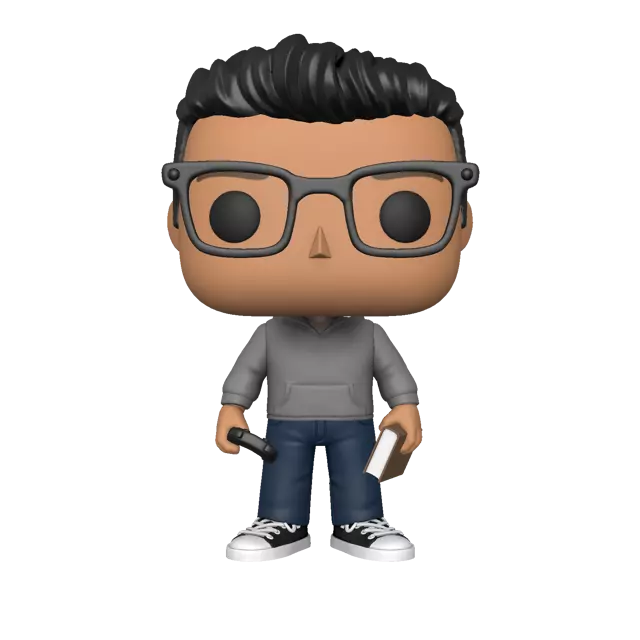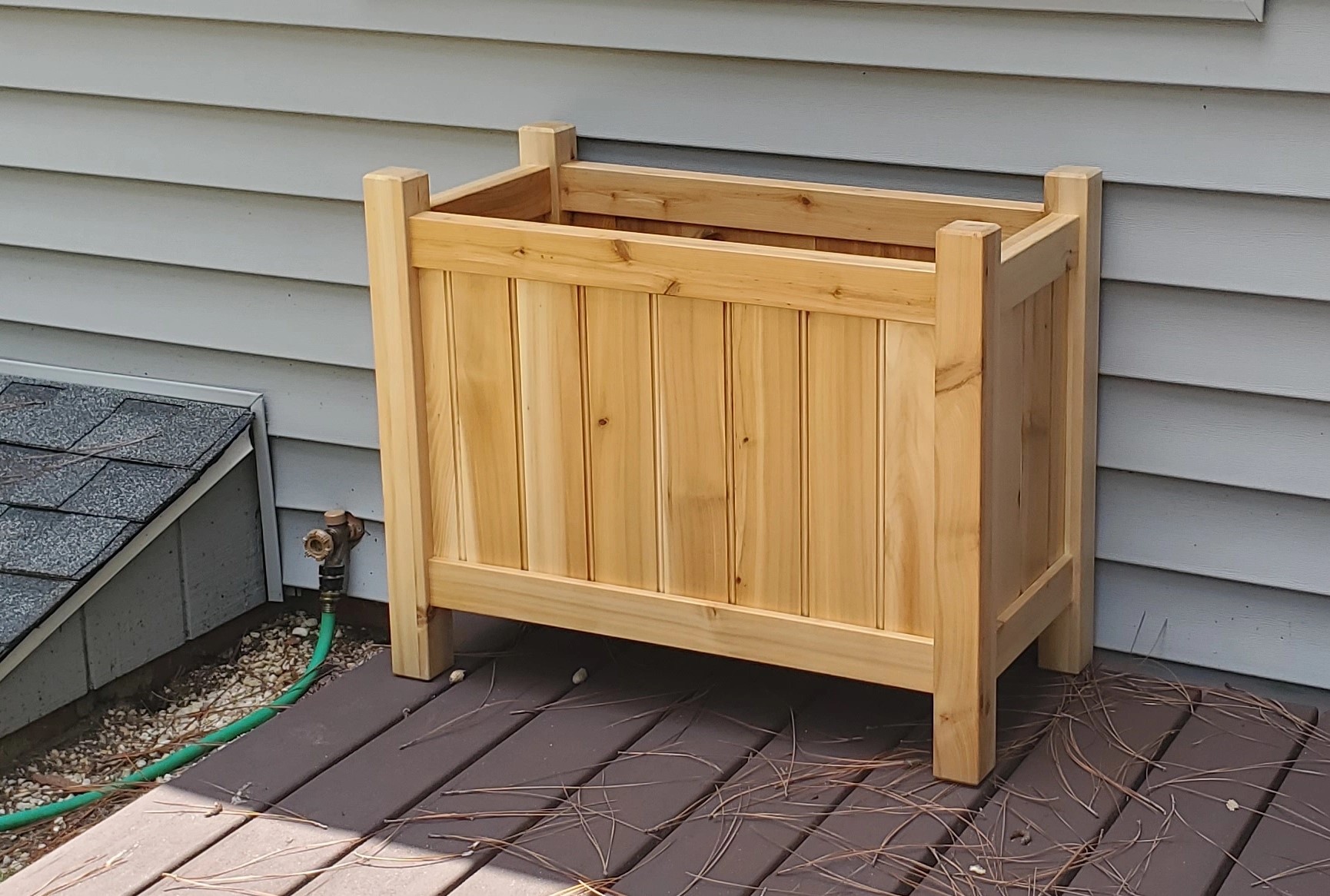Hi everyone,
I’m slowly getting into the craft of woodworking and I’m trying to pick out some “starter” tools. I don’t want to go completely cheap but I don’t want to spend all kinds of money (yet).
I was set on getting a cross cut panel saw for ripping and cross cutting (until I get a ripping saw) and a fine tooth pull saw for more accurate cuts.
My questions for recommendations are:
- Should I get a hardened cross cut saw and just use it until it’s junk or get one I can sharpen?
- Can hardened carbon steel chisels be sharpened or are they also “disposable”?
- Is it better just to get a “dovetail” saw than a fine tooth pull for small, accurate cuts such as a joint?
- On a different note, is a #4 planer the best to start with? A few videos recommend that over a #5 because a #4 is easier for smoothing.
Any help is greatly appreciated. I know I’ll have to just try a few things and see what works best, but I’m trying to be wise with what I get.


Also for hand planes a #5 vs #4 are mostly down to preference, some people like slightly longer and heavier like the #5 and vice versa.
Same with saws I recommend a used handplane because tons of them exist and they should be cheap.
Make sure to get a usable hand plane, a good one should have
Cast iron frog and body
Comfortable tote (rear handle) and knob (front handle)
A Mostly flat sole, a lot of cheap planes are really badly warped and take forever to flatten, a mostly flat one will save you a ton of time.
No deep rust on the blade. Surface rust is fine but deep pitting on the flat side of the iron will prevent you from sharpening it properly
No cracks in the sole and body
Tight mouth (not super necessary if the frog is adjustable)
No major chips on the blade or god forbid a bevel on the flat side because someone’s too lazy to properly sharpen it.
Some premium features to look for too
Handles made from premium or exotic wood (many Stanley’s used rosewood)
Thick machined chip breaker and iron
many brass or bronze parts, even the body on extremely premium examples
Frog set screw, not a super premium feature and medium range planes should have it. The lack of one isn’t a deal breaker though
Lateral adjustment levers made with multiple parts (cheap planes will have one stamped)
For restoring and tuning your plane I would highly recommend Rex Krueger’s videos.